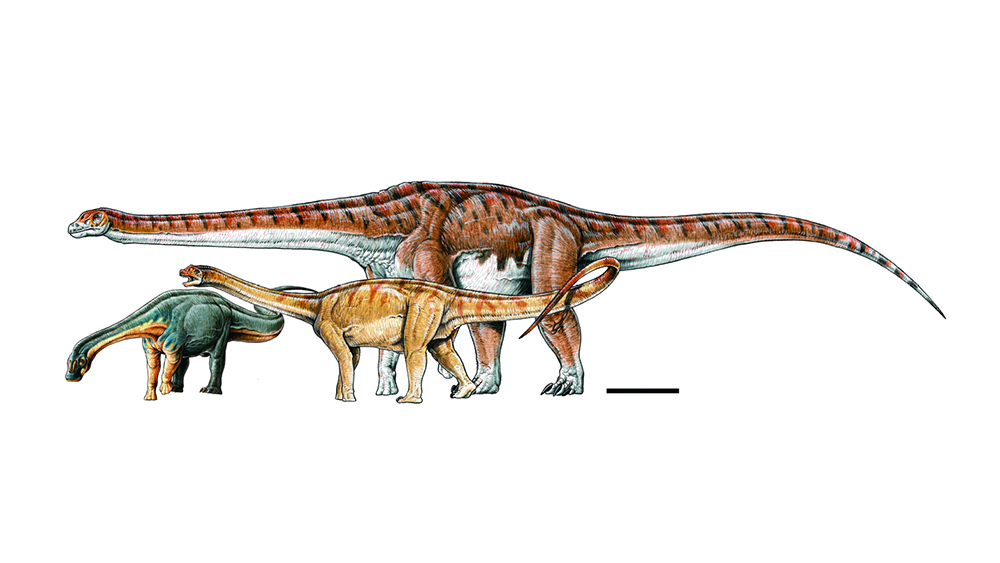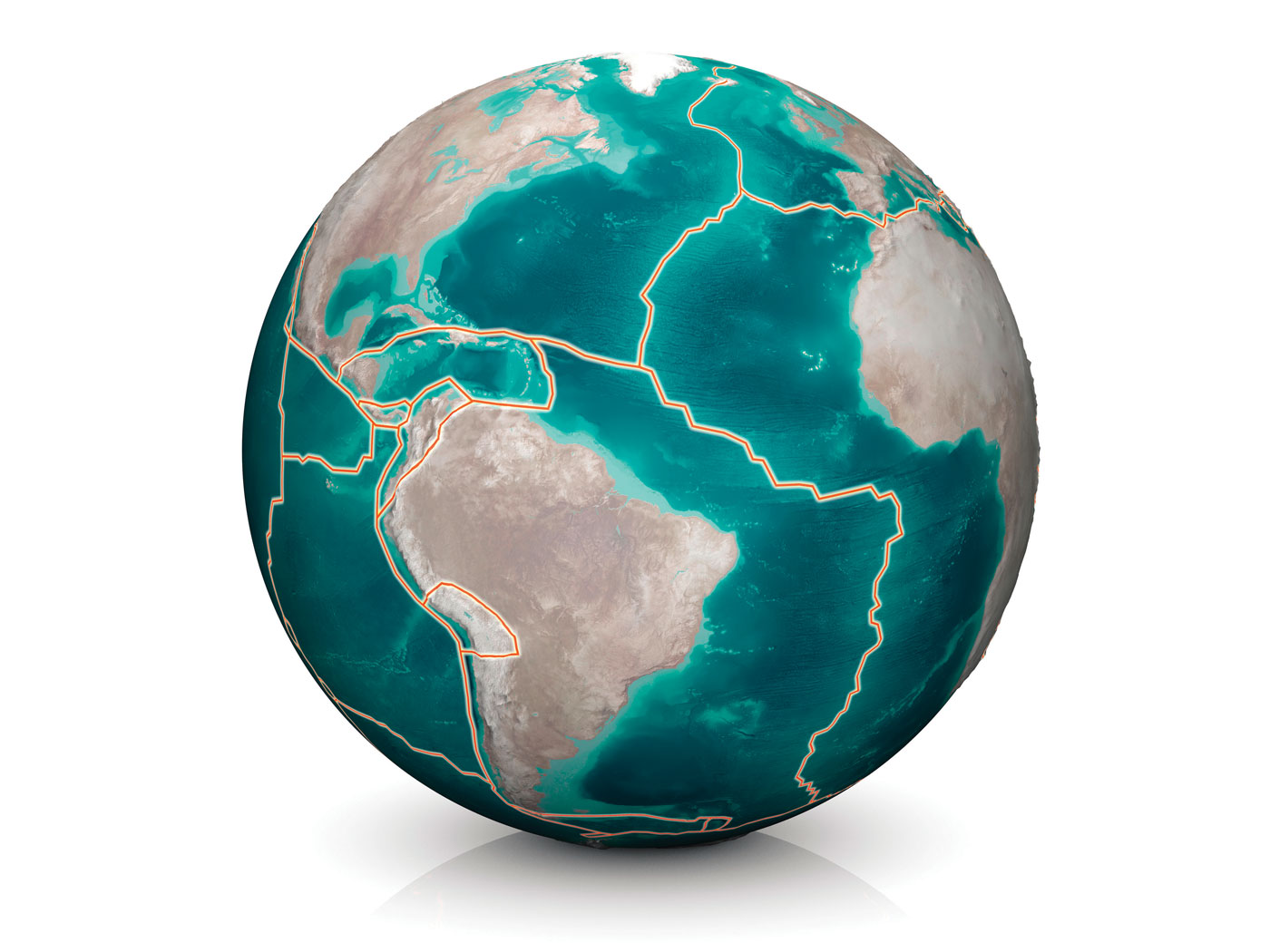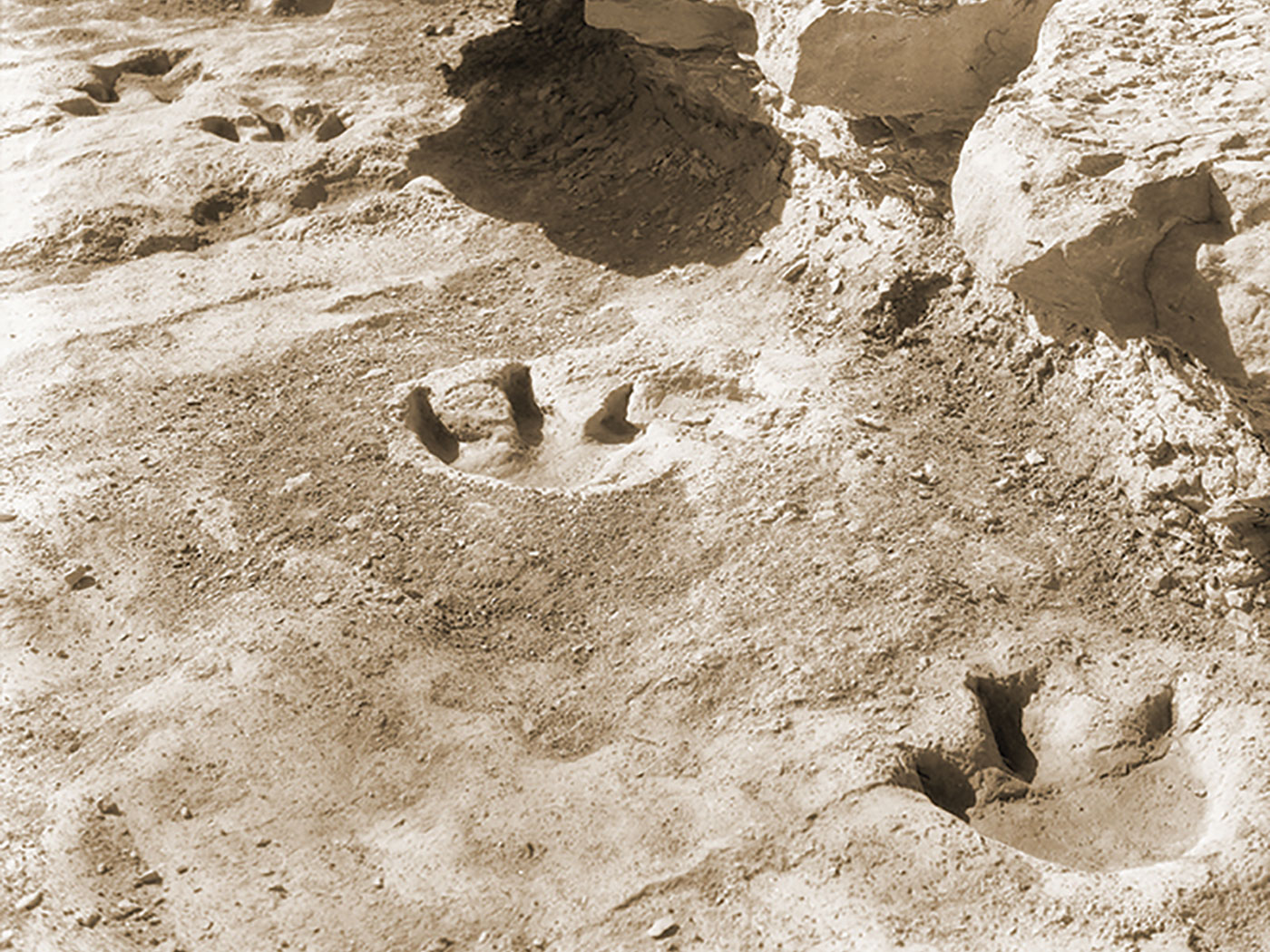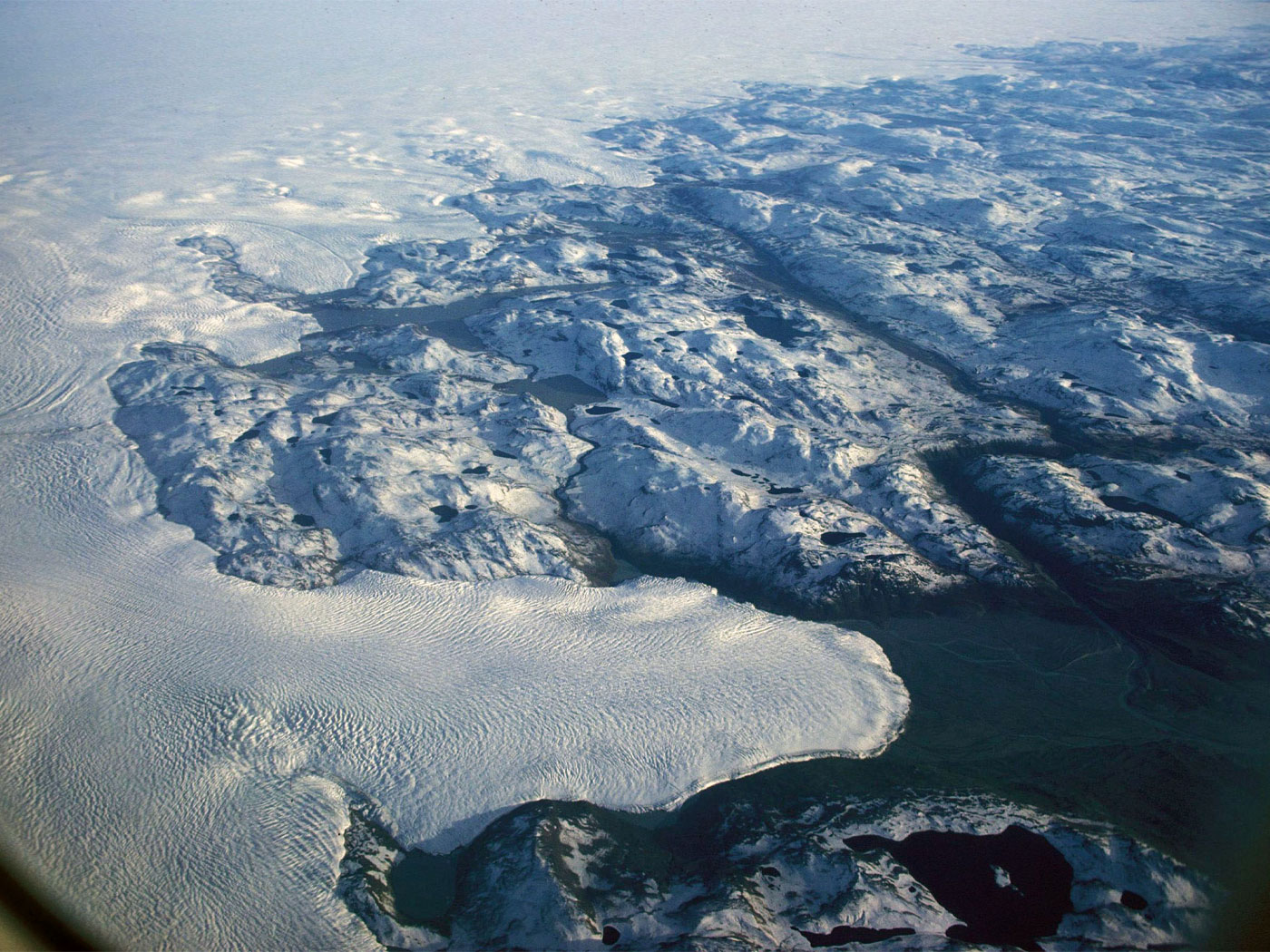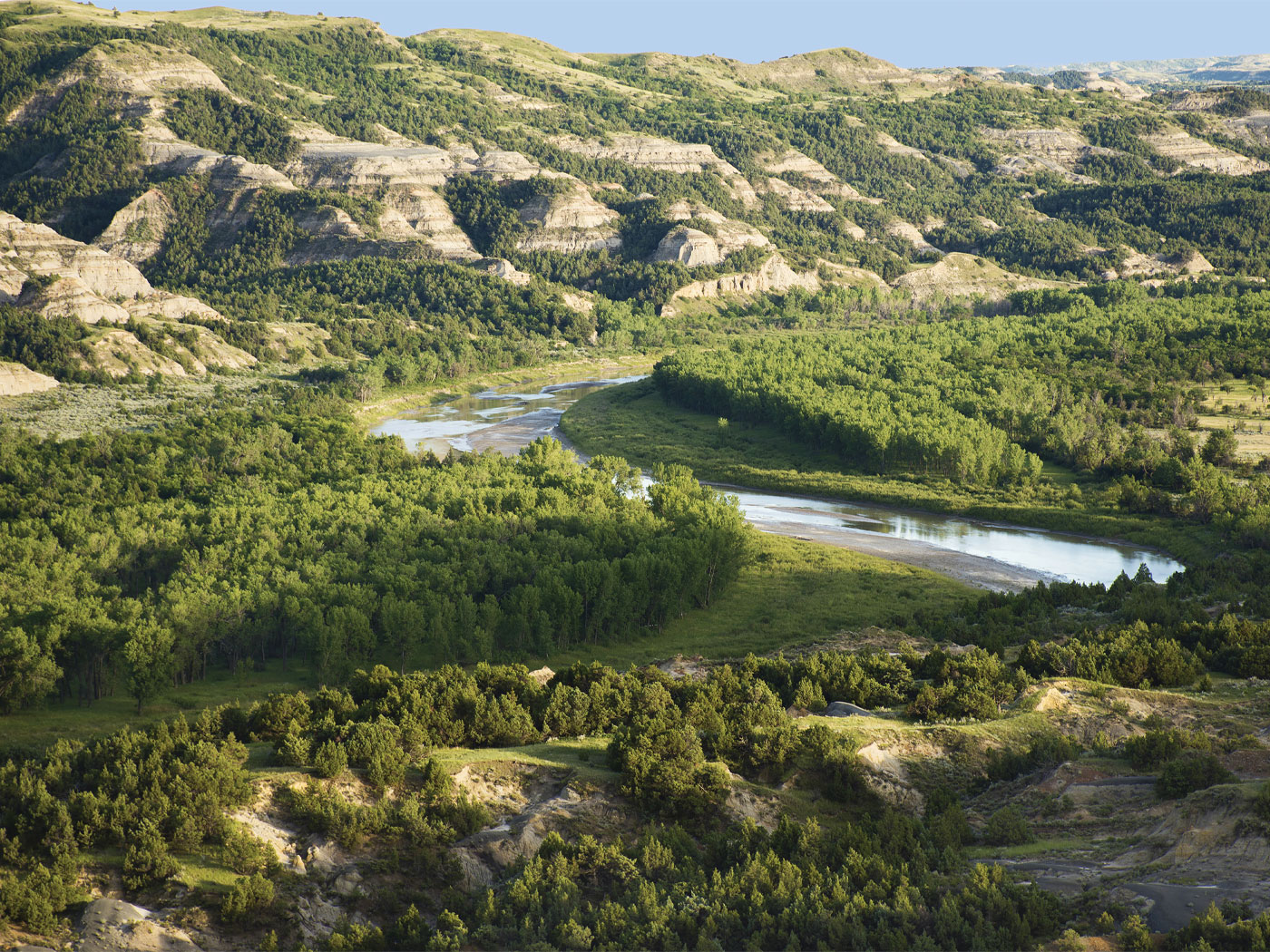Sauropod engineering
Sauropods came equipped with a suite of features that enabled them to reach massive statures.1 Their long necks required hollow neck bones, and their huge bodies required long necks to access enough food to fuel their enormity. Those long necks needed small heads and brains to save weight.
They had unique, interlocking leg bones that the creatures used as mobile pillars. This structure eased any need to spend energy while eating for long periods in just one spot. Other dinosaurs’ knees stayed bent—crouched and ready to spring. Sauropod legs fit into heavy-duty hips that supported their tons. Even their super-fast growth rates played a role in their well-being, since large size seems to have been their best defense against predators.1
Wherever researchers uncover the remains of a sauropod, it has all these features in place already. To miss any one of them would have spelled disaster for that species. The newfound fossil was no exception. The team described in a pre-print version of Cretaceous Research elements of an enormous sauropod from Argentina. It had 20 interlocking, weight-saving tail vertebrae and sauropod-specific hip bones.2
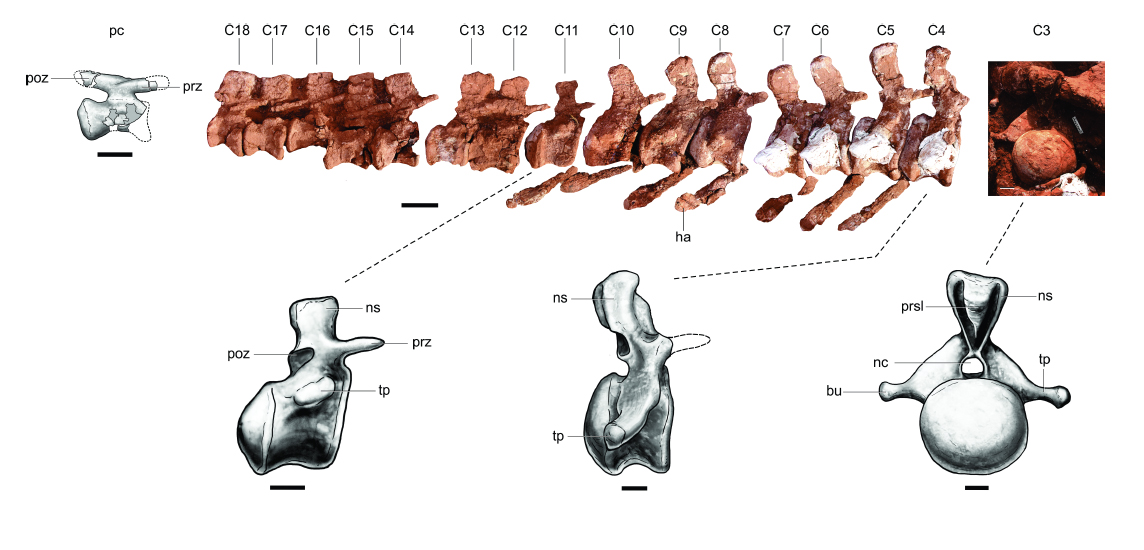
Image credit: Otero et al., Cretaceous Research. Adapted for use in accordance with federal copyright (fair use doctrine) law. Usage by ICR does not imply endorsement of copyright holders.
All this points to intentional creation. Who could have crafted such high-tech, outsized animals but the God introduced in Genesis, who “made the beast of the earth according to its kind” (1:25)?
Behemoths in the Bible and beneath our feet
The study authors wrote, “This specimen…is here considered one of the largest sauropods ever found, probably exceeding Patagotitan in size.” They had to use hedging terms like “probably,” since different bones were recovered from various incomplete specimens, making only indirect comparisons possible. They wrote, “In comparison to giant titanosaurs, however, the recovered appendicular bones of MOZ-Pv 1221 are larger than any known titanosaur described to date,” including Dreadnoughtus, Patagotitan, and even Argentinosaurus.2
Dreadnaughtus weighed about 54 tons at 85 feet long.3 With the recovered shoulder bone measuring 26% taller than that of Dreadnaughtus, this new specimen may have exceeded 67 tons.
The team recovered the back half of this specimen. They hope future excavations will uncover the front half. That should reveal more bones, including those matching the other record holders. Whether or not their new specimen belongs at the top of the heap waits for more directly comparable bones.
This creature’s large size fits well the Bible’s description of behemoth in Job. Behemoth had a tail like a cedar tree. So did sauropods. It was “the first of the ways of God” (Job 40:19)—first in size among all the animals He made. In His discussion with Job, God pointed to this animal’s sheer immensity, showing how much more immense its Maker God is.
Flat blankets of mud from Noah’s Flood
How did such an enormous creature escape the predation, scavenging, decomposition and decay that today’s dead animals suffer? Crocodiles and elephants don’t fossilize today, so why should these sauropods have fossilized? Something different must have happened back then.
The study authors wrote, “The sedimentology of the site that produced the specimen described herein evinces deposition in a sandy, braided river system in a fluvial palaeoenvironment.” What sedimentology? Such sparse sentences reveal too glib a glance at the geology. If river systems formed fossils back then, then rivers should form fossils today. They don’t.
The Candeleros Formation from which the team excavated this specimen includes flat rock layers that stretch for miles. Today’s rivers deposit sandy sediments in confined river channels, braided systems included, not pancake layers that extend for miles in all directions.
These geological features fit the vast expanse of Noah’s Flood better than rivers. And the book of Genesis describes that Flood as having covered the globe during the course of 12 catastrophic months. It had the power to overwhelm animals that weighed 60 tons and more. And its ebbing and surging flows involved enough moving water to deposit sand in wide, flat layers as seen in Argentina’s Candeleros Formation.
This new Argentinian sauropod find had the anatomy that points to Genesis creation, a size that points toward Job’s behemoth, and sediments that points to the Genesis Flood.
Stage image credit: Otero et al., Cretaceous Research. Copyright © 2020. Adapted for use in accordance with federal copyright (fair use doctrine) law. Usage by ICR does not imply endorsement of copyright holders.
References
1. Heeren, F. 2011. Dinosaurs: Rise of the titans. Nature. 475: 159-161.
2. Otero, A. et al. Report of a giant titanosaur sauropod from the Upper Cretaceous of Neuquén Province, Argentina. Cretaceous Research. Published online before print, January 6, 2021.
3. Otero, A., J.L.Carballido, and A.P. Moreno. 2020. The appendicular osteology of Patagotitanmayorum (Dinosauria, Sauropoda). Journal of Vertebrate Paleontology. 40(4): e1793158.
*Dr. Brian Thomas is Research Associate at the Institute for Creation Research and earned his Ph.D. in paleobiochemistry from the University of Liverpool.




